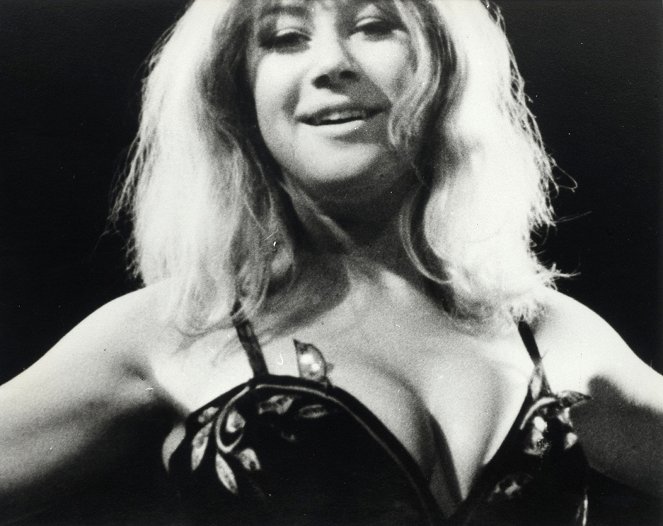Directed by:
Don LevyCast:
Michael Gothard, Helen Mirren, Fred Wood, Peter Stephens, Charlotte Bremer-Wolff, Max Latimer, Gabriella Licudi, Antony PaulPlots(1)
When a young Poet (Michael Gothard) hires a marketing company to turn his suicide-by-jumping into a mass-media spectacle, he finds that his subversive intentions are quickly diluted into a reactionary gesture. Unseen since 1967, this audacious and prescient work left a profound mark on the landscape of late-1960s British cinema, with echoes of its visual style evident in the work of such celebrated directors as Stanley Kubrick, Nicolas Roeg and Michael Winner. (British Film Institute (BFI))
(more)Reviews (1)
Without a doubt, this film is a masterpiece that has been overlooked. Furthermore, in my opinion, it reflects the time of its creation better than most documentaries. 1) Let's start with the visual aspect, which is a mixture of a series of provocative and unconventional techniques (such as sharply interrupted tempo of shots, their multiple repetitions, the psychologically provocative arrangement of different film images, as well as the inclusion of authentic historical and contemporary footage, and so on.). It is important that the author is credited not only as a director but also as an editor – Don Levy was primarily an experimenter with editing, and this film is one of his mere (unfortunately!!!) two feature-length films. The final editing of Herostratus took the author a lot of work to achieve the optimal intended length of shots and their composition. However, the camera cannot be overlooked either, as it complements the dynamic created by the editing itself. 2) The plot itself is, in my opinion, a perfect reflection of the atmosphere before the turning point (? – that's the question, isn't it?) of 1968 (in the West). It is a futile rebellion of a young man against self-centeredness and pervasive repression of the modern, seemingly democratic society, symbolically embodied by the character of an old manipulative director of an advertising company mass-producing the emptiness of contemporary man. Max's (M. Gothard) desperate attempt to transition from the pole of personal isolation to the radical and discontinuous pole of establishing a better society through a daring gesture (which would fulfill both the recognition of the individual/later also various minorities/and the betterment of all of society) faces the same result as the deed of the hero's ancient predecessor. The film is visionary even in the way it anticipates the fall of the entire movement around 1968 and all the elements that emerged from it – just as Max's deed is controlled from the beginning by a representative of the establishment against which he stands, the entire historical movement of 1968 was assimilated by a consumerist and thus only differently colored original repressive capitalist society, even though it will be called "post-industrial" from around this time. The main female protagonist plays a similar role as in Antonioni's Zabriskie Point – the realization of the necessity for change is replaced by understanding one's own helplessness.
()

